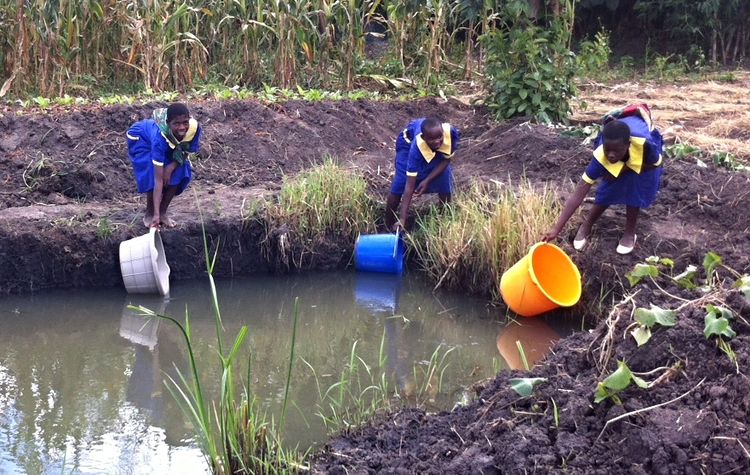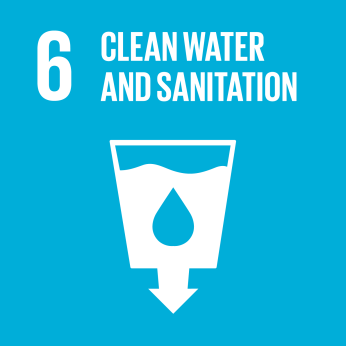Four have lost their lives in Malawi since the recent cholera outbreak started. With at least 150 cases registered, the Malawian outbreak is nowhere near the devastating scale in Lusaka, Zambia. So far, there has been more than 2,400 cases and 58 deaths recorded in one of the worst outbreaks the country has faced. Public gatherings have been banned and a night-time curfew has been imposed in Kanyama, the worst hit slum of the Zambian capital, all as measures to end the cholera outbreak. As you read this line you must be thinking that cholera is the deadliest disease ever! It is deadly but not as you may think.
Many people believe that once you get cholera, death is inevitable. But, that is not the case. In fact, more people survive cholera than those who die from the disease. In most cases people die due to a lack of awareness of the disease. The branding of cholera as a ‘deadly’ disease also doesn’t help. Who would help someone suffering from a deadly disease they would easily contact? Certainly no one wants to be associated with cholera and fail to render support to cholera victims because they fear of contacting it. As a result people who would otherwise survive end up dying.
To prevent more deaths and erase the deadly reputation of cholera, firstly, we have to understand the disease to know how it is not always deadly. Here are ten facts about cholera (adapted from World Health Organisation’s Cholera Fact Sheet):
 Cholera is transmitted through the consumption of unsafe water (Photo Credit: Freshwater Project International)
Cholera is transmitted through the consumption of unsafe water (Photo Credit: Freshwater Project International)
You now realize that cholera deaths are preventable so long as there is adequate care and support for those infected. Ensuring this support is part of the wider goal to ensure good access to healthcare for everyone by 2030: the Sustainable Development Goal (SDG) number three. Nevertheless, prevention of new cholera outbreaks is equally if not more important. This can be achieved if we make safe drinking water accessible to everyone. Also, we should make sure that everyone has access to proper sanitation. Cholera is transmitted through faeces, therefore, sanitation reduces the risk of cholera getting into our drinking water. SDG number six targets good access to clean water and sanitation for everyone by 2030. If we achieve these two goals, the issue of cholera will be just another chapter of history books in the sustainable future that we all want!

 Share this:
Share this:




